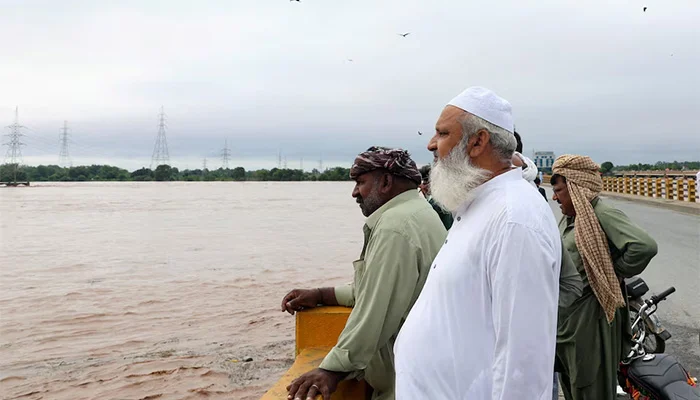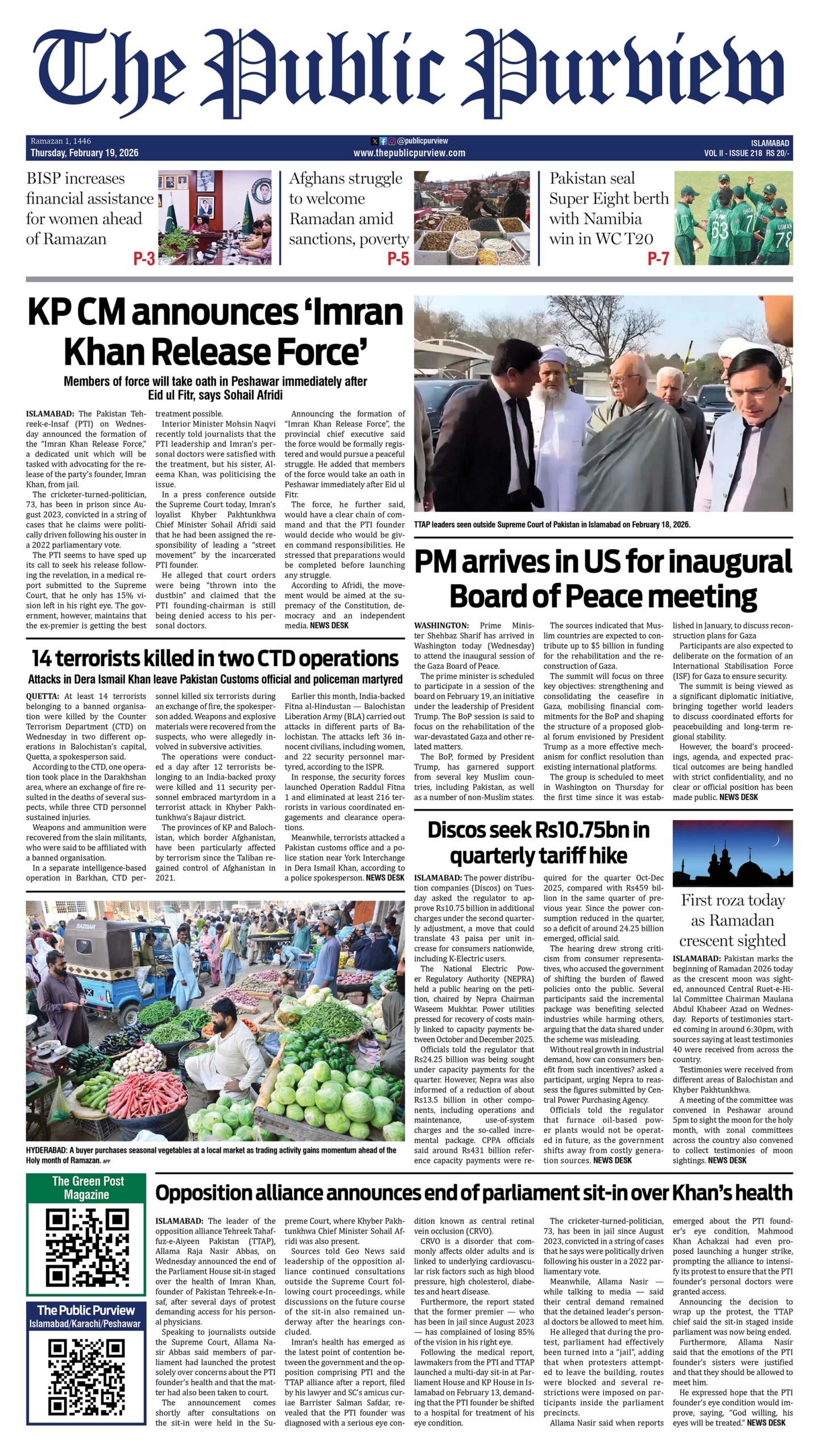ISLAMABAD: Pakistan has strongly urged India to honor its obligations under the Indus Waters Treaty (IWT), accusing New Delhi of bypassing official mechanisms and withholding crucial flood-related data at a time when the country faces one of the worst flood disasters in 2025.
Foreign Office spokesperson Shafqat Ali Khan told reporters in a weekly briefing that India’s data this year was incomplete compared to previous years. He urged New Delhi to fully honor the treaty’s provisions and share timely, accurate information.
Floods Wreak Havoc in Punjab
The criticism came as Pakistan struggles with one of the worst floods in its history. Since late June, heavy monsoon rains have killed at least 905 people, according to the National Disaster Management Authority (NDMA).
More than 1,400 villages in Punjab were submerged, forcing over a million people to flee their homes. Farmlands have been destroyed, livestock drowned, and entire communities displaced. The floodwaters are now moving downstream, raising fears of a “super flood” in Sindh’s riverine areas.
Treaty Violations and Arbitration Ruling
Pakistan has repeatedly raised concerns about India’s unilateral actions. New Delhi suspended its participation in the IWT after a 2023 attack in Indian-occupied Kashmir, which it blamed on Islamabad. Pakistan denied the charges, but the incident triggered the worst fighting in decades before a fragile ceasefire was reached.
In June 2025, the Permanent Court of Arbitration delivered a clear ruling: India cannot suspend the treaty on its own. The court’s Supplemental Award, issued on June 27, 2025, stated that the IWT remains binding, and both countries must resolve disputes under the mechanisms outlined in the agreement.
What Is the Indus Waters Treaty?
Signed in 1960 with the World Bank as mediator, the treaty divides six major rivers of the Indus basin. India controls three eastern rivers — Sutlej, Beas, Ravi — while Pakistan receives the waters of the three western rivers — Indus, Jhelum, Chenab.
The treaty has long been hailed as one of the most durable water-sharing agreements in the world, surviving wars and decades of hostility. Crucially, it contains no provision allowing either side to terminate or suspend it unilaterally.
A Call for Compliance
Pakistan insists that New Delhi must return to full compliance with the treaty, especially in times of crisis. Officials warn that withholding data undermines regional cooperation and endangers millions of lives downstream.
With floodwaters still rising and millions displaced, Islamabad says the need for transparent, rules-based water management has never been more urgent.







 Today's E-Paper
Today's E-Paper